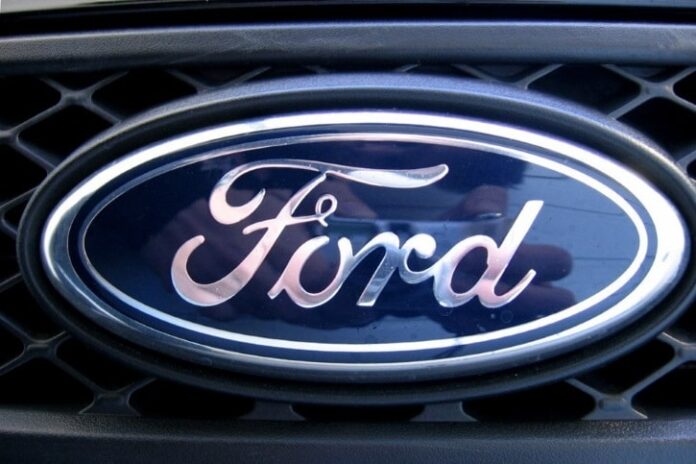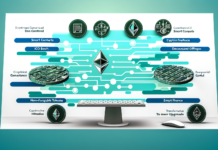Ford has become the latest car company to announce its foray into cryptocurrency rewards systems. On the heels of major German brands like BMW, the American auto manufacturer has patented a design that will allow for cooperation between vehicles, incentivized with the coin. The project is looking at how cars could communicate on the open road, and cooperatively orchestrate better traffic patterns.
All together now…
The goals of the program include easing traffic flow, organizing vehicles into lanes based on speeds, and facilitating lane changes and merges. The idea is that vehicles would be able to offer data to a driver allowing them to make better-informed choices while on the road. Drivers currently only have their own driving habits and judgments to work with.
If the information about what other drivers were doing, in real time, were available, theoretically drivers could work together to accomplish greater efficiency and safety. Potential uses include cooperative vehicles to speed up and slow down in tandem, as conditions require. Drivers could also buy off other vehicles on the road, in order to streamline their own travel.
The plan is to use a new currency, CMMP, to exchange information via blockchain technology, between vehicles. Vehicles on the system would agree to exchange CMMP in order to validate and authorize traffic-based transactions.
Think: “I’ll give you X CMMP to pull into the right-hand lane right now,” allowing better passing opportunities for the payer. Vehicles would be categorized as consumer vehicles and merchant vehicles. It is not yet clear if the project would integrate with self-driving applications, or if the human driver would be in charge of making all of the cooperative decisions.
Algorithmic analysis for better decision making
According to Ford, the data gathered in real time via the CMMP system would be analyzed with a set of algorithms. The analysis would be able to help drivers make better decisions on the road and work together to improve traffic and safety conditions.
We have some evidence that drivers want to cooperate with each other on the road. Applications like Waze have enabled drivers to communicate with each other through manual entry, and anyone who has used the app can attest to the fact that, in high traffic situations, this can be useful.
Tools like accident reporting, speed reporting, and obstacle reporting are available there. Hopefully, Ford will include an automated version of these reporting tools, in order to handle changing road situations.















